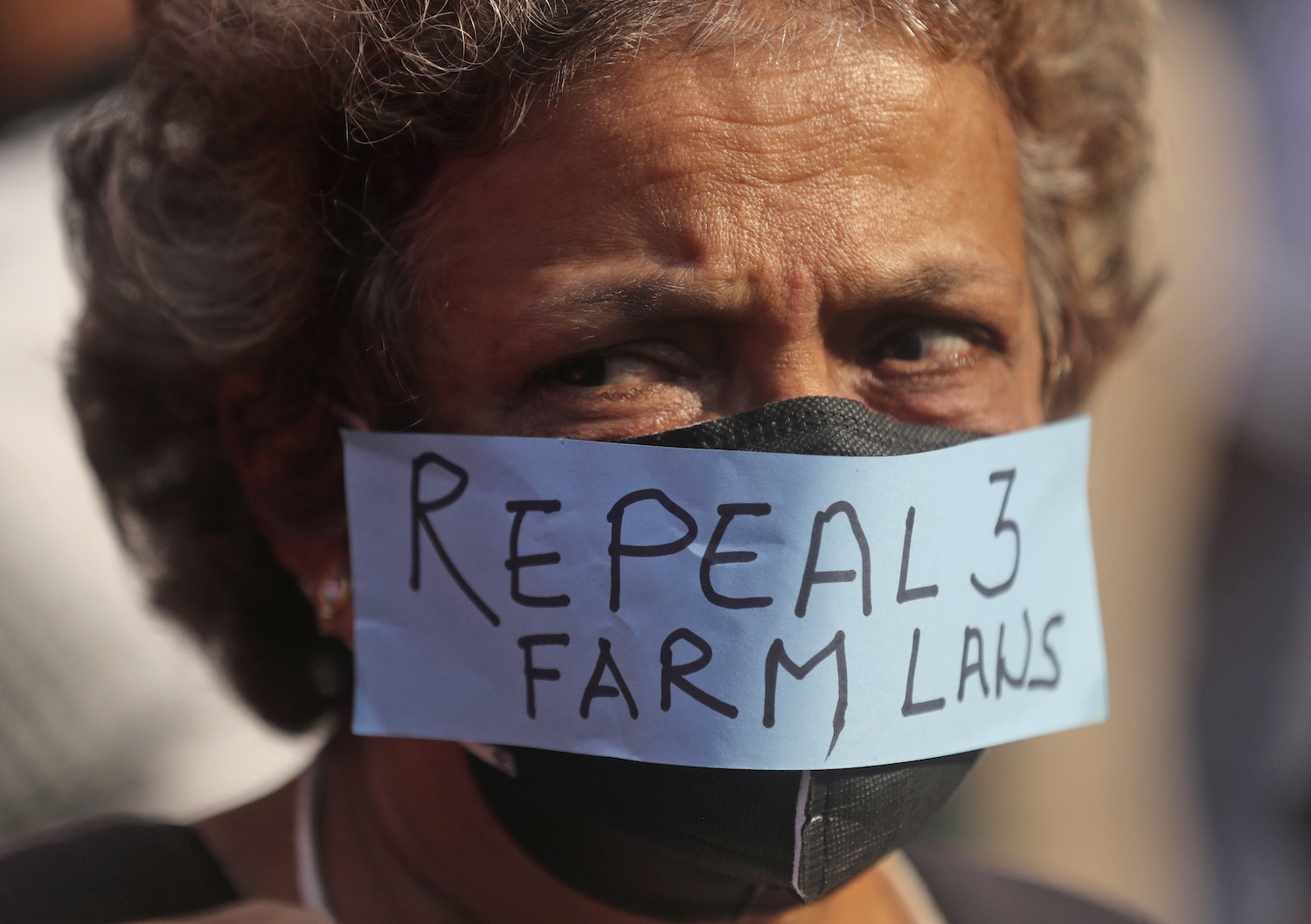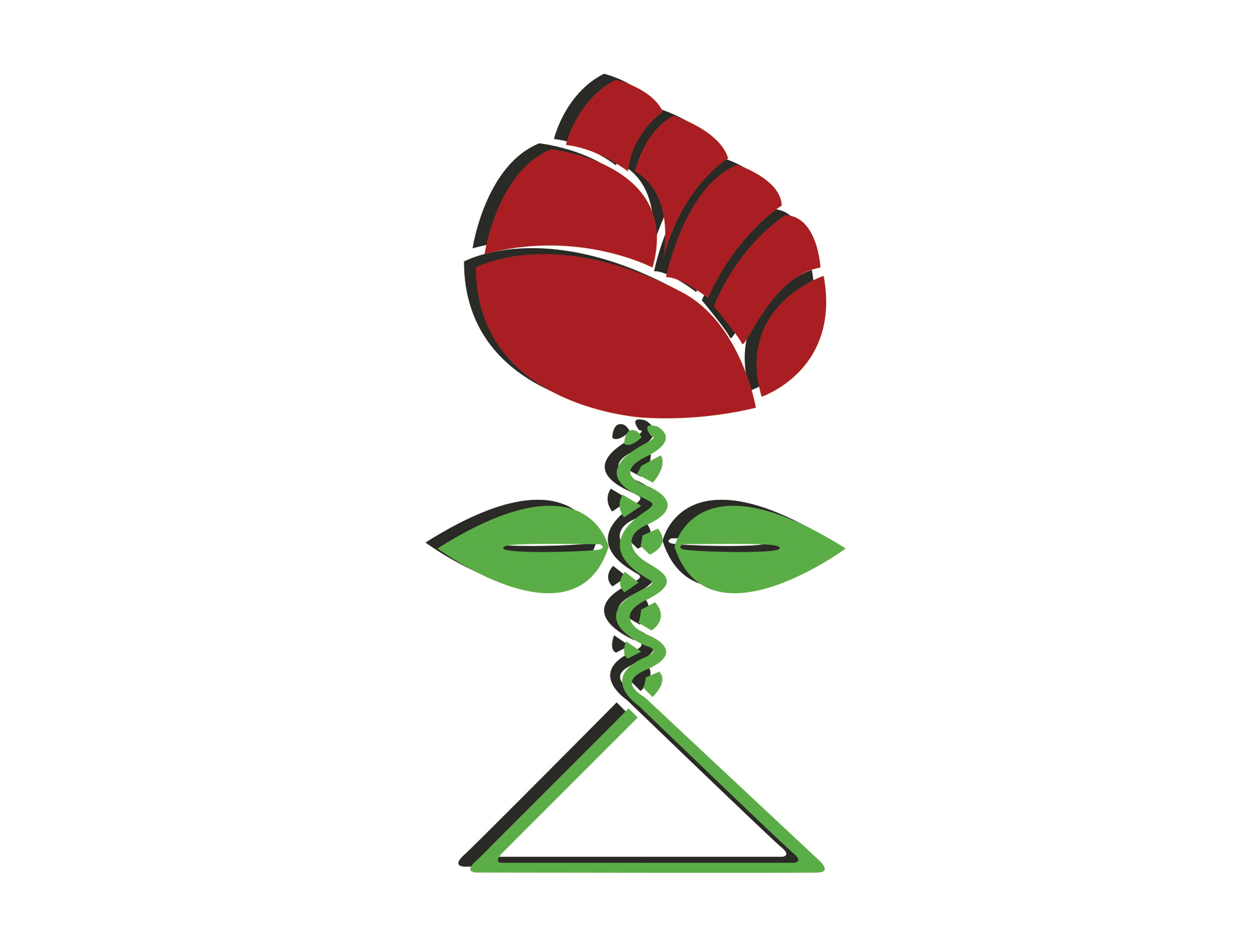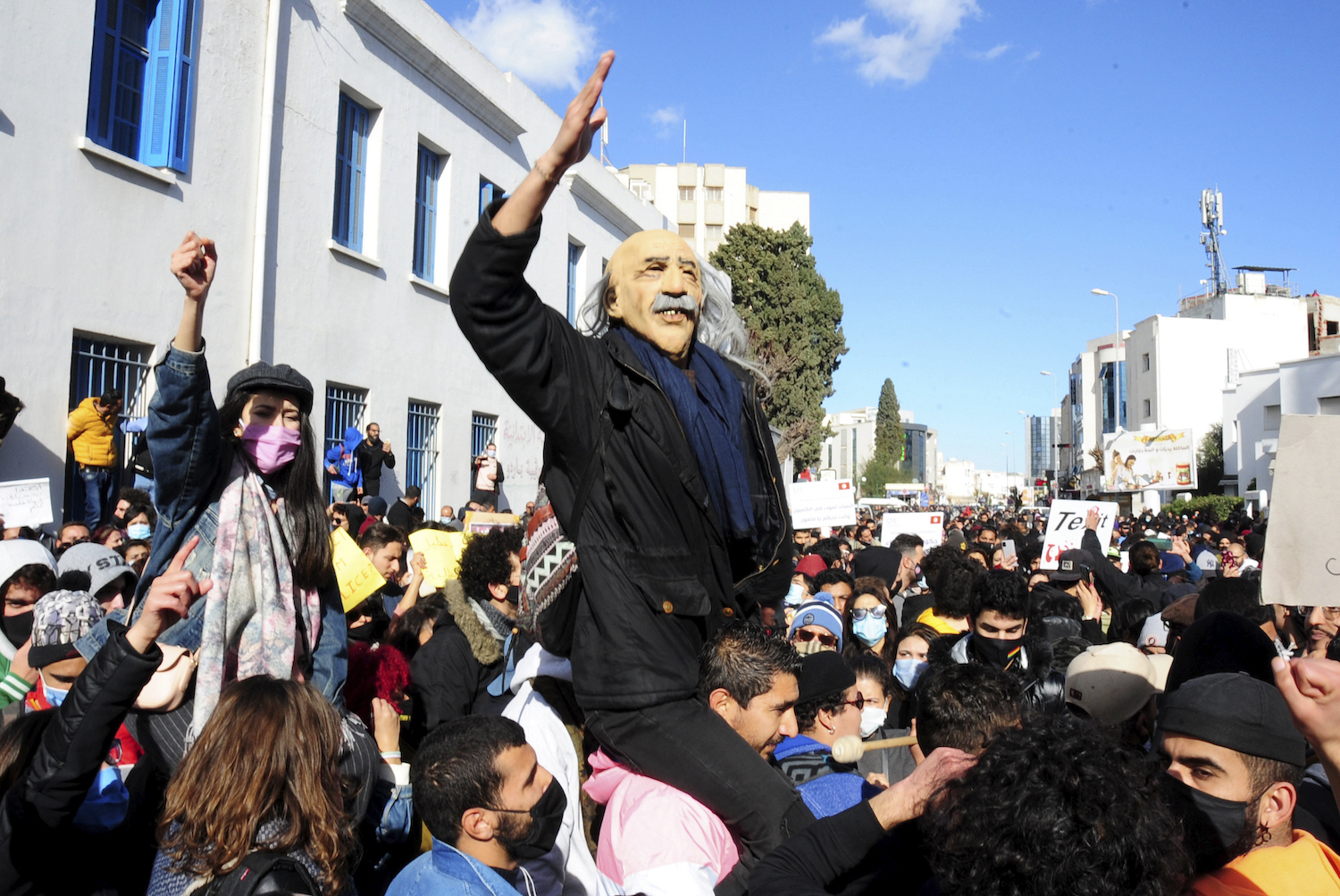On India’s Republic Day, Jan. 26, protesting farmers in India broke police barricades to storm the historic Red Fort where hundreds of police officers were injured and one protester is reported to have died, according to Al Jazeera.
Farmer’s protests in India started in November when new farming laws were proposed, which many farmers fear will allow large corporations to have all of the control over the market.
Following the events on Republic Day, internet access was blocked in several districts in the Haryana state near New Delhi, according to CNN. Internet restrictions started in three districts on Jan. 26 for 24 hours, but were extended while more districts were added to the list until 14 of the 22 districts had restricted internet access by Jan. 31.
India’s Ministry of Home Affairs argued that the blocking of internet access was “in the interest of maintaining public safety and averting public emergency.”
“The government does not want the real facts to reach protesting farmers, nor their peaceful conduct to reach the world,” said Darshan Pal, leader from Samyukta Kisan Morcha, a united front of over 40 Indian farmer’s unions. “It wants to spread its false spin around farmers. It is also fearful of the coordinated work of the farmers’ unions across different protest sites and is trying to cut off communication means between them.”
Under the direction of the government, Twitter temporarily suspended accounts and tweets that were deemed a “grave threat to public order” on Feb. 1. Most of the approx. 250 accounts affected belonged to protesters and journalists.
“By ordering these blockings, the Home Affairs Ministry is behaving like an Orwellian Ministry of Truth who wants to impose its own narrative about the farmers’ protests,” Reporters Without Borders said.
According to Human Rights Watch, eight journalists who covered the violence that erupted at Red Fort also face baseless criminal charges.
“The Indian authorities’ response to protests has focused on discrediting peaceful protesters, harassing critics of the government, and prosecuting those reporting on the events,” said Meenakshi Ganguly, South Asia director at Human Rights Watch. “The government instead should conduct a transparent and impartial investigation into the January 26 violence in Delhi.”
Protesters and their supporters have called the government’s response repressive.
“We want to send out a signal loud and clear,” Pal said, according to Deutsche Welles. “We will not tolerate the repressive measures unleashed by the government against farmers, including the discriminatory laws, the arrests of farmers and the internet shutdown.”
“We call on the authorities and protesters to exercise maximum restraint in ongoing #FarmersProtests,” the United Nations tweeted. “The rights to peaceful assembly & expression should be protected both offline & online. It’s crucial to find equitable solutions with due respect to #HumanRights for all.”
On Feb. 6, thousands of protesters held three-hour-long road blockades across the country except in the capital of New Delhi. According to Al Jazeera, farmers squatted on the roads in some states with signs protesting the laws.
Even as harvest season begins in March, protesters have made plans that would allow them to continue the protests throughout the season.
“We have worked out detailed plans to ensure that our movement does not lose steam even during the next harvest season when farmers will gather their wheat and other winter crops,” said Rakesh Tikait, a prominent leader in one of the largest farmer’s unions, according to Reuters. “We have prepared a set of rota for every village to ensure that a new batch of farmers comes to the protest sites every time a group from here leaves for villages to collect crops.”
The protesters are not planning to back down until their demands are met.
“To ensure that the deadlock ends, the government must roll back the laws, make it mandatory for buyers to pay state-set guaranteed prices and take back police cases filed against protesting growers,” said Tikait, who is also a leader in the movement as a whole. “Farmers are not going to budge if the government does not concede to the three core demands.”






